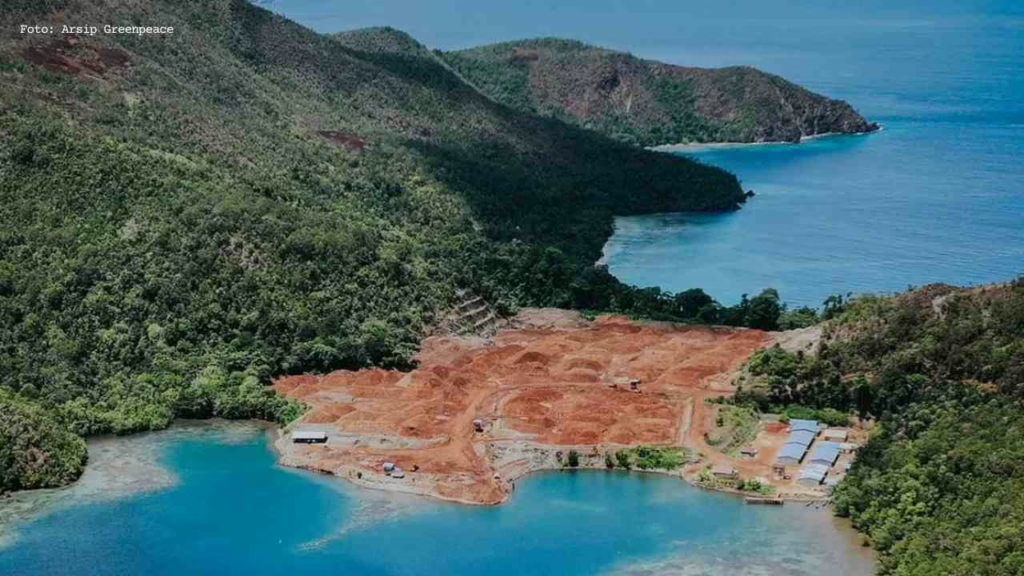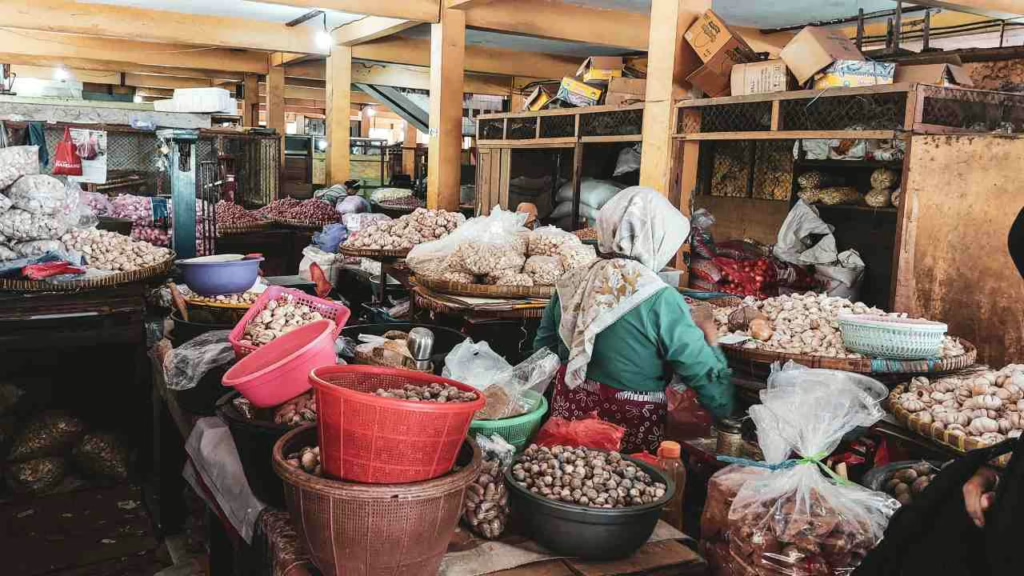Abstract
Indonesian Government has set an ambitious target to achieve 23 percent of renewable energy share in primary energy mix as well as in term of power sector by 2025. This target is then realized by committing a plan to build 56.4 GW additional power generation until 2028 as stated in the Electricity Supply Business Plan (RUPTL) 2019–2028. However, the deployment of RE power plant seems to be threatened due to untoward pricing policy which is considerably lower than the generation cost of RE-based electricity, resulting in the increase of possibility of future RE projects become unfeasible. Using 242 RE projects documented in 2019–2018 RUPTL, this study aims to examine feasibility of future projects under BPP price and identify other factors which could possibly increase project’s viability. The scope of this study includes several technologies such as wind, solar, hydro, mini hydro, biomass, and biogas. Financial model was employed to estimate Net Present Value (NPV) of the project as feasibility indicator. Data for project’s cost structure and ?nancial assumption is obtained by literature review, survey and focus group discussion (FGD) to RE developers. The result shows that only less than 50 percent of the samples are feasible, accounting for only 43 per cent by number of projects (103 out of 242 projects) and 42 per cent by capacity (2,452 out of 5,888 MW). Hydro power becomes RE technologies with the highest feasibility followed by biomass. Projects located in Bangka Belitung, Gorontalo, East Kalimantan, Maluku, and North Sulawesi are all feasible, while of which in main islands particularly Java Island are mostly unfeasible due to the lower tariff. In addition to the low feasibility rate, there are several cost components which are considered as Indonesia speci?c costs such as local content, land acquisition cost, transmission infrastructure cost, and regional adjustment for project location which result in higher project’s cost. Finally, it is important for the government to formulate a set of incentive policy for alleviating unfeasible RE projects.




